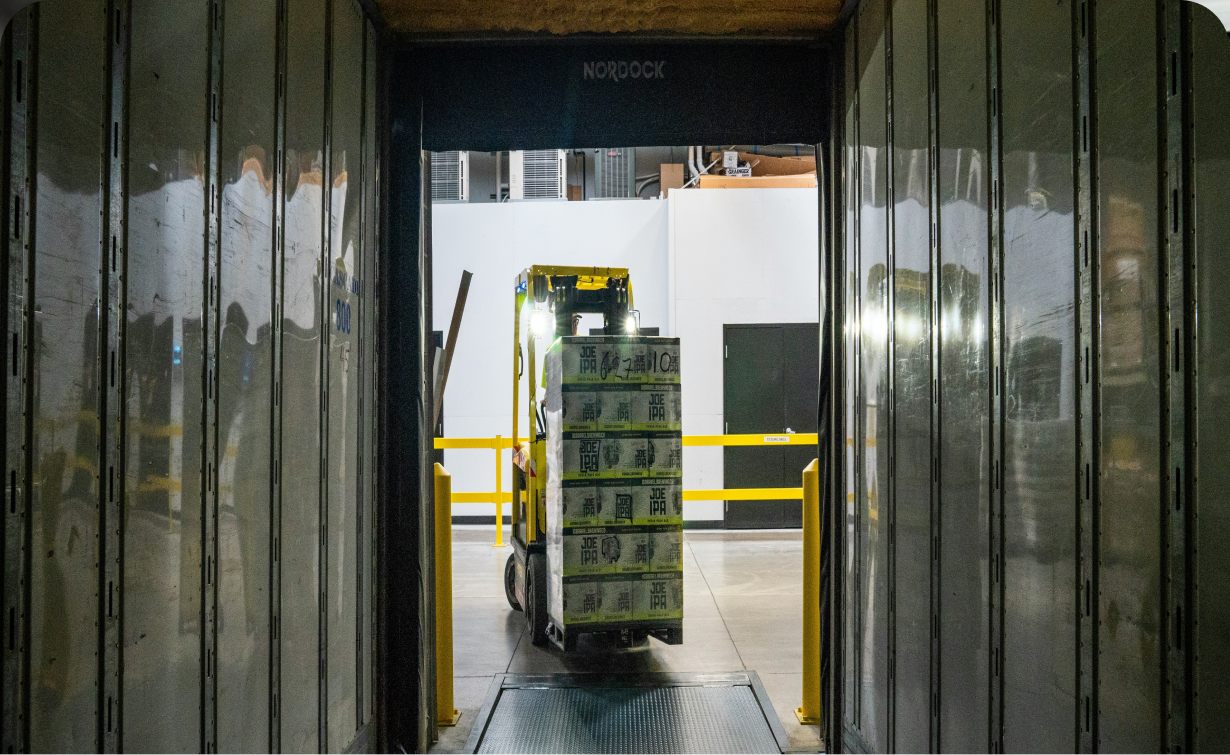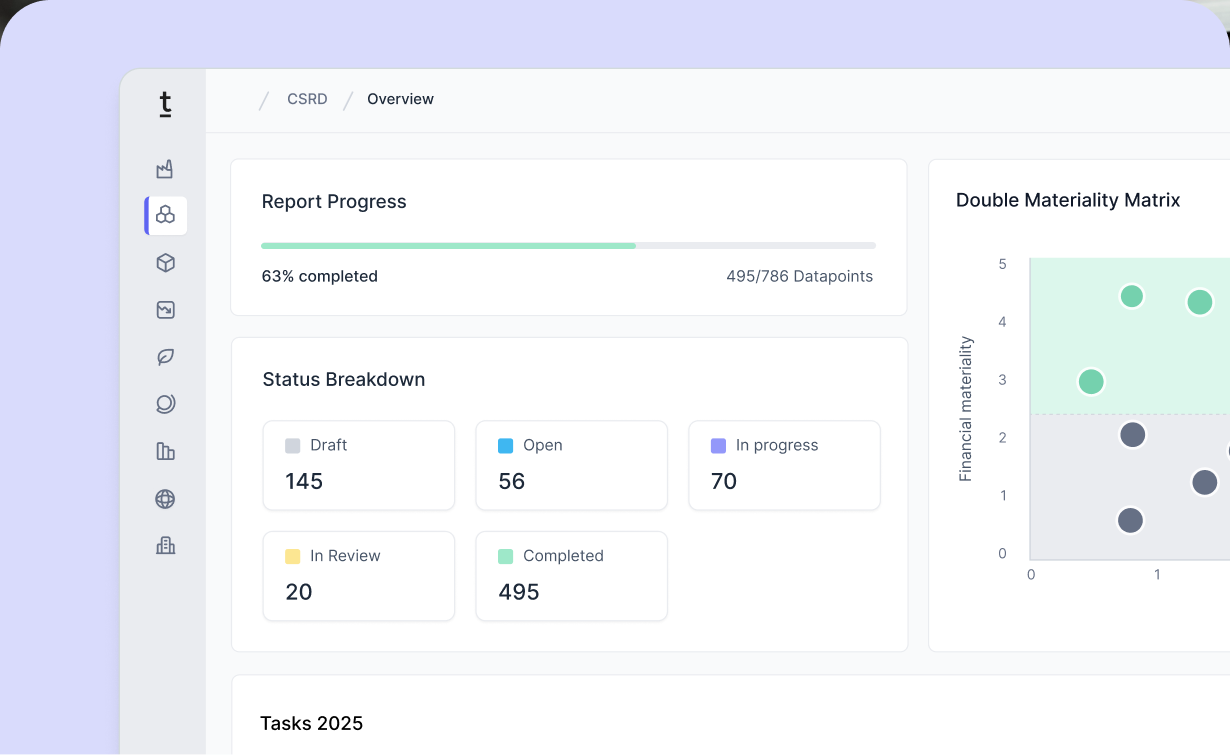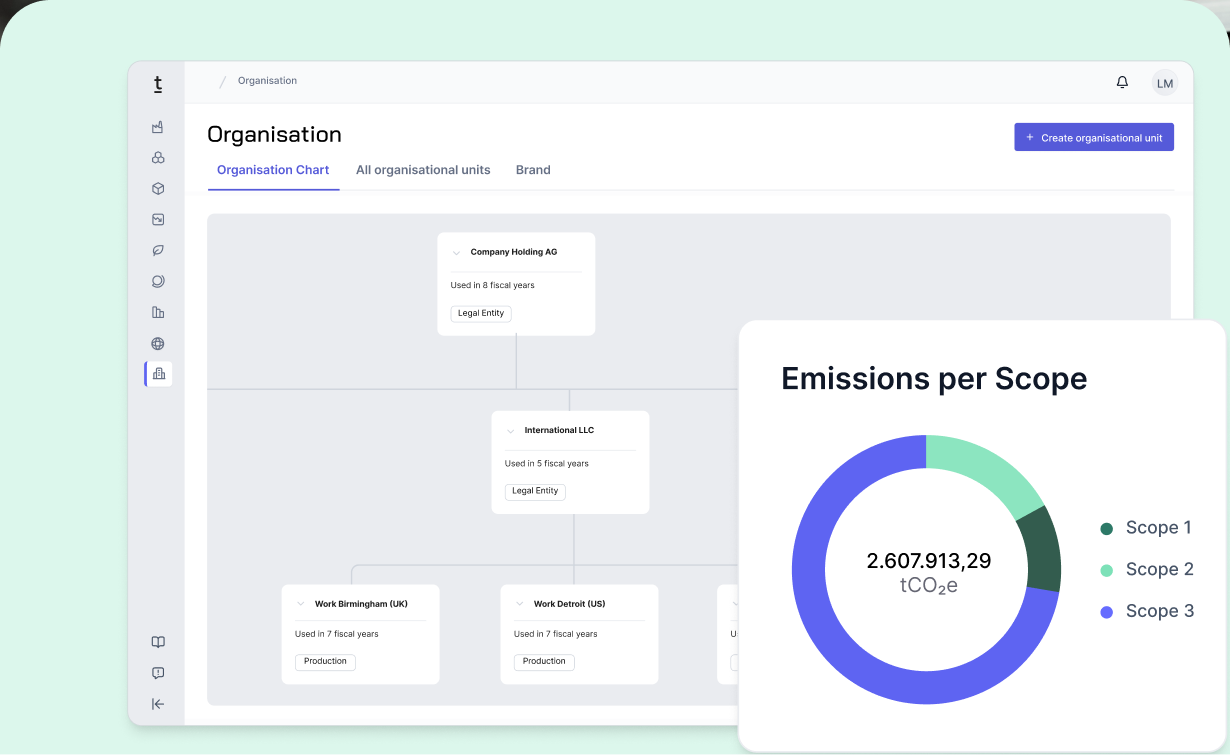The importance of sustainability reporting and the role of AI for companies

The introduction of European ESG legislation has immensely increased the importance of sustainability reporting for companies. In an era in which transparency and responsibility are increasingly at the forefront, companies are expected to communicate their environmental impact clearly and comprehensively. This requires precise data collection and analysis, which is often a challenge. This is where artificial intelligence (AI) comes in: It is revolutionizing sustainability reporting by enabling precise and efficient analysis and transforming the way companies collect, interpret and report sustainability data.
What is artificial intelligence
Artificial intelligence (AI) is defined as the ability of a system to perform cognitive functions that are normally associated with the human mind. This technology simulates human intelligence in machines that are programmed to think and learn like humans to perform tasks that typically require human skills, such as visual perception, decision making, or interpretation. While tools such as ChatGPT have driven the general use of AI in society, companies can benefit from integrating AI into their businesses in a variety of ways.
Current technical state of artificial intelligence
The technical status quo is characterized by rapid progress and a wider application of AI, which is transforming entire industries and society. Generative AI (GenAI) in particular has changed the playing field: While traditional AI often had difficulties with unstructured data, generative AI models, in particular large language models (LLMs), now have the context to process unstructured data as well as their extensive training on existing data. The probabilistic nature of AI also enables well-founded decisions, even with incomplete or contradictory data. Key components include machine learning, deep learning, natural language processing, and robotics.
Generative AI is characterized by the fact that it can generate new data from little input. This ability makes it a powerful tool, but it also brings challenges, such as the risk of hallucination if not managed properly, continuing to require strict control equipment.
An important technical feature of AI is that it can also be used in isolation. This means that AI systems can be operated locally on their own servers or in a private cloud without the need to share information with third parties. This isolated use ensures that sensitive data, business know-how, and business processes remain protected. By avoiding external data transfers, the risk of data leaks is minimized and companies can maintain full control of their data.
Benefits and risks of using artificial intelligence for sustainability reporting
Companies need tools to automate extensive data collection and develop comprehensive processes that meet legal requirements for compliant reporting. This includes collecting the necessary data, analyzing it internally, and using this information to identify and report emissions.
Artificial intelligence (AI) will revolutionize sustainability reporting by changing the way companies collect and analyze data in real time, identify patterns and anomalies, and make forecasts. Generative AI in particular can use historical data to predict future developments and trends. In addition to numerous benefits, AI also entails some risks:

Outlook on the use of artificial intelligence for sustainability reporting
The rapidly growing importance of AI in sustainability solutions is underpinned by extensive investments. According to a survey by Reuters Events' Sustainability Reporting and Data Management 2024, internal data analysis solutions, emissions accounting solutions, and supplier surveys and audits were the leading investments of the last 12 months. Survey respondents said they plan to invest more frequently in ESG data management platforms, AI for use in materiality assessments, and sustainability risk management solutions.
AI application in Tanso software for CSRD
Tanso software already uses artificial intelligence in several facets to make processes easier for companies:
Current use of artificial intelligence
- Preparation of best practices and sample answers for all ESG KPIs, including ESRS data points.
- use of generative AI for text editingto simplify and standardize output in accordance with the required framework
- Extraction of any amount of data from reports and other sources on all related ESRS data points, taking into account the respective legal requirements.
















































.avif)







.jpg)
.jpg)




















-p-800.webp.avif)
-min-p-800.webp.avif)






-p-800.webp.avif)

